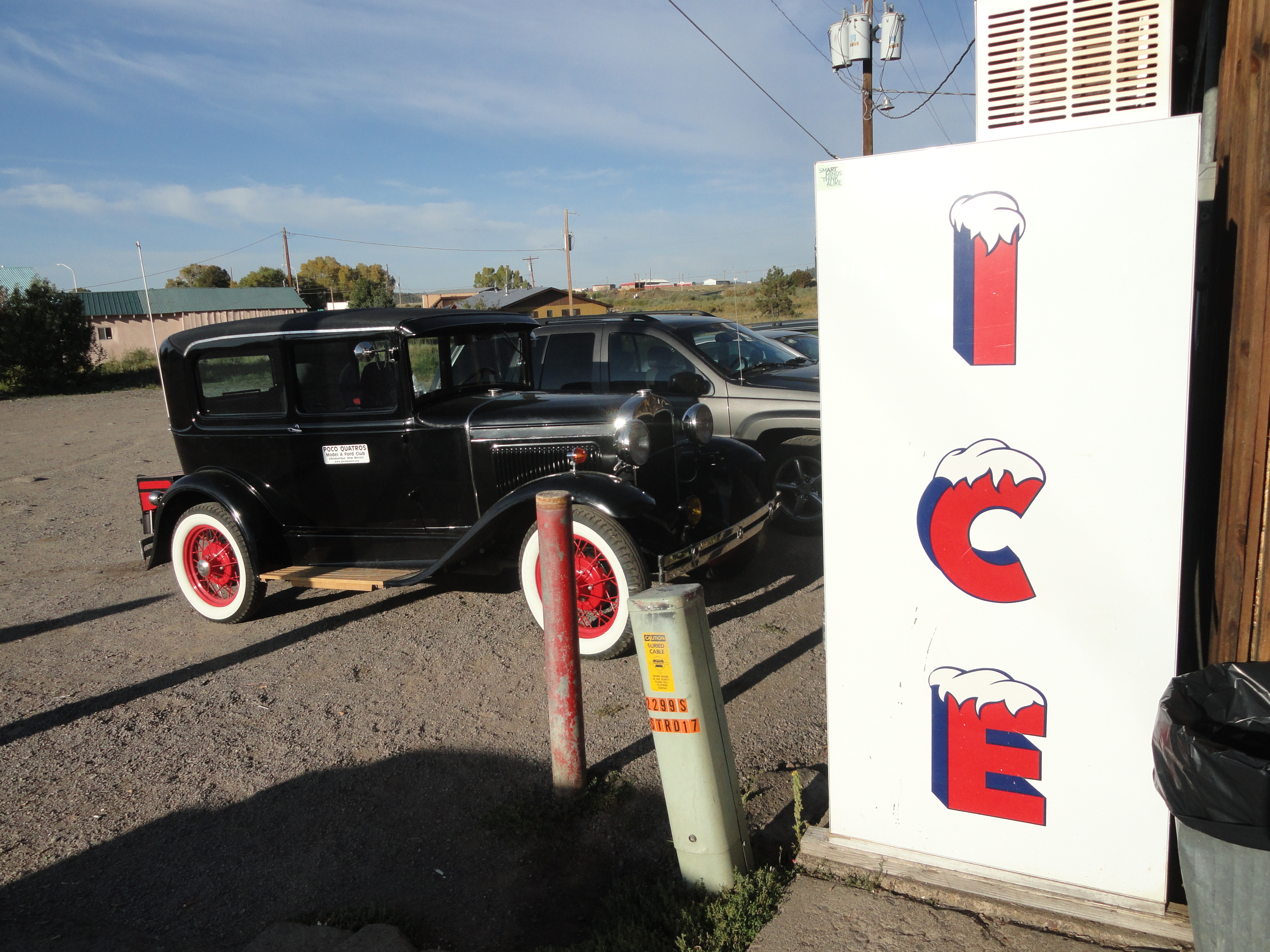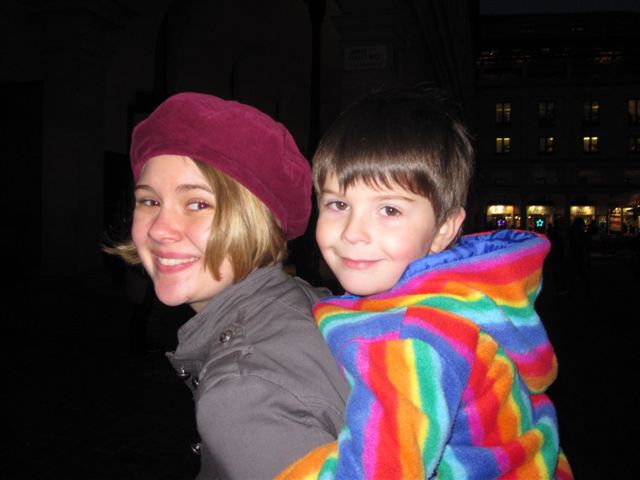photo by Chelsea Thurman
__
 |
 |


 |



I realize that not everyone can attend a conferences,
but for those who can, it can be a great advantage. —Sandra
Equip yourself with:confidenceBuild your nest with food |  |

Do you use books at all, Sandra?SandraDodd:
What do you mean "use books"?That mom:
As in curriculum, textbooks, etc.SandraDodd:
I use books like crazy—we need to look at what you mean by "use."
A lot of the problem with discussing all this is philosophical—the definitions of "learn" and "know" and things like that.If we talk about what we "do" and "use" and "are" instead of what's happening in and with our children we dance around the "thing" without seeing the "thing" (and the next philosophical problem is: what is this "thing"?)

 |